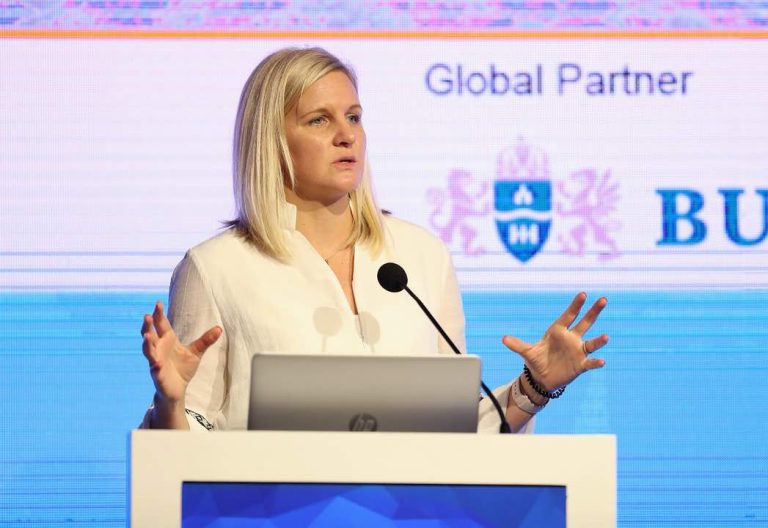Coventry commits to Olympic bid process review

The newly elected president of the International Olympic Committee (IOC) has taken a measured approach to India’s 2036 Summer Games candidacy.
“I believe we should involve the membership in the selection of the future host and I have some ideas that I may share next week,” she advanced in her post-vote press conference.
Mike Keegan of the Daily Mail newspaper asked Coventry about the support she had received from female International Olympic Committee members, possibly including renowned philanthropist Nita Ambani, and whether she believed it would be inappropriate for India’s 2036 bid to be fast-tracked to a specific dialogue stage before Thomas Bach steps down as IOC president.
“I would like to let that sink in for a few days. There is a process in place, that process has been ongoing, and as far as I know, it will continue for the next few months,” she replied.
As the German prepares to hand over the baton to Coventry after 12 years at the helm, Bach leaves behind a financially robust yet highly centralised organisation. The former fencer has managed to resolve the crisis over a lack of bids to host the Olympic Games, though his successor will now face mounting scrutiny over the selection process.
If the 71-year-old Bavarian were to highlight a particular achievement, it would likely be the “double-digit number” of territories now expressing interest in hosting the Summer Olympics in 2036 and 2040—two of the first major decisions Coventry will oversee. “We have never been in such a favourable position,” Bach told AFP in May 2024, a stark contrast to the bidding crisis that dominated the early years of his presidency.
In 2013, Tokyo won the right to host the 2020 Olympics ahead of Istanbul and Madrid. Beijing followed in securing the 2022 Winter Games, with Kazakhstan’s Almaty as its sole competitor. In 2017, Paris and Los Angeles divided the 2024 and 2028 editions between them without contest. By late 2014, Bach had introduced a series of reforms to make Olympic hosting more attractive, prioritising the use of existing infrastructure over costly new developments.
While bid announcements are no longer mandatory, the race for the 2036 Games presents new opportunities for the Lausanne-based organisation. India and South Africa have formally declared their interest, alongside Indonesia, South Korea, Germany, Hungary and, potentially, Qatar and Saudi Arabia.
Under Bach’s leadership, the IOC’s executive board has made critical decisions behind closed doors—from its handling of Russian athletes following the invasion of Ukraine to pre-selecting host cities for the 2030, 2032 and 2034 Games.
Meanwhile, IOC sessions have largely served to rubber-stamp these choices, often with near-unanimous approval and minimal debate. The controversial selection of Brisbane for the 2032 Games, for example, could prove a test for Coventry’s presidency.















